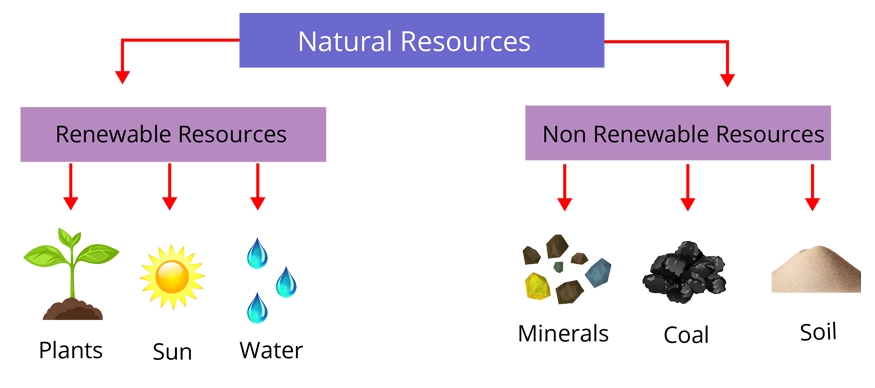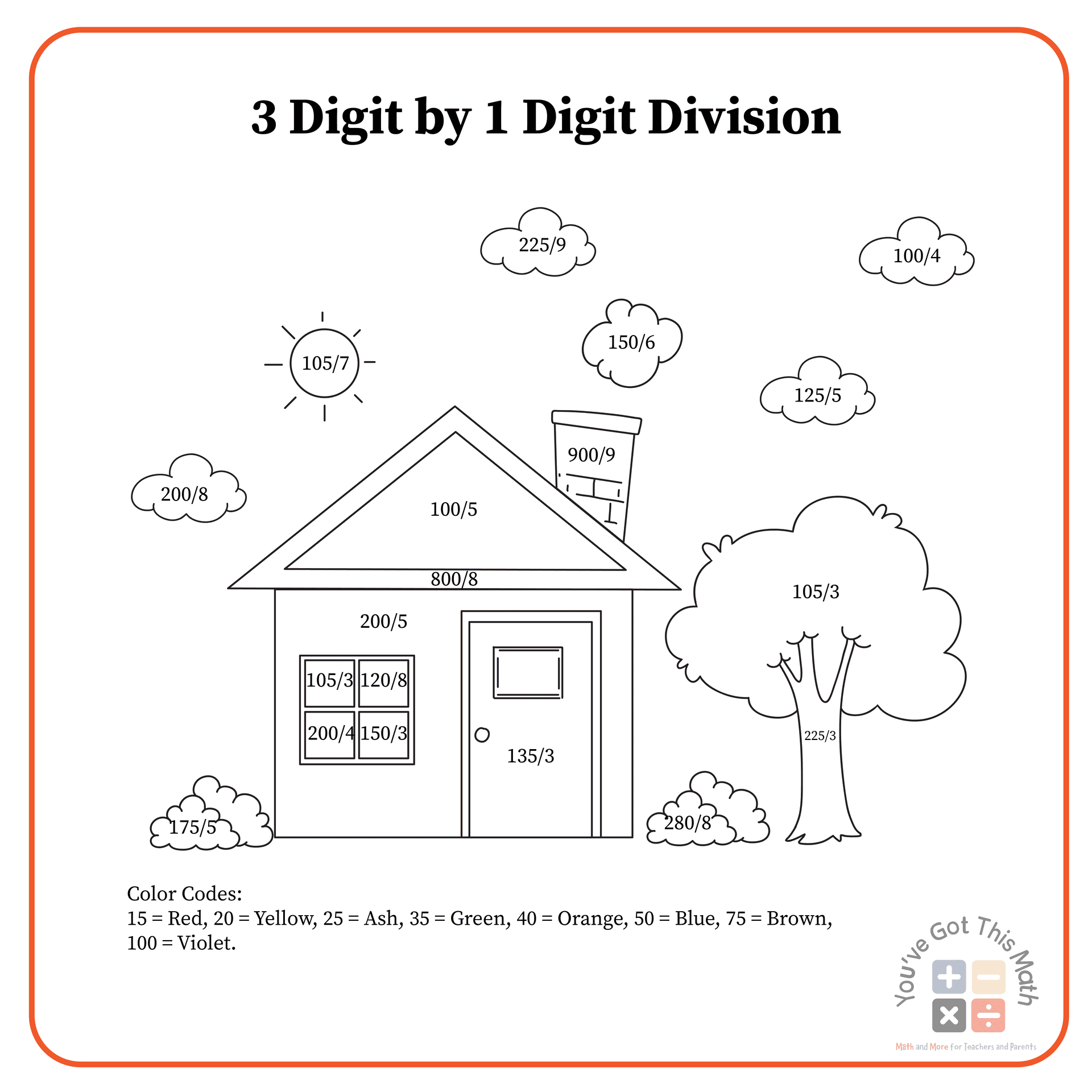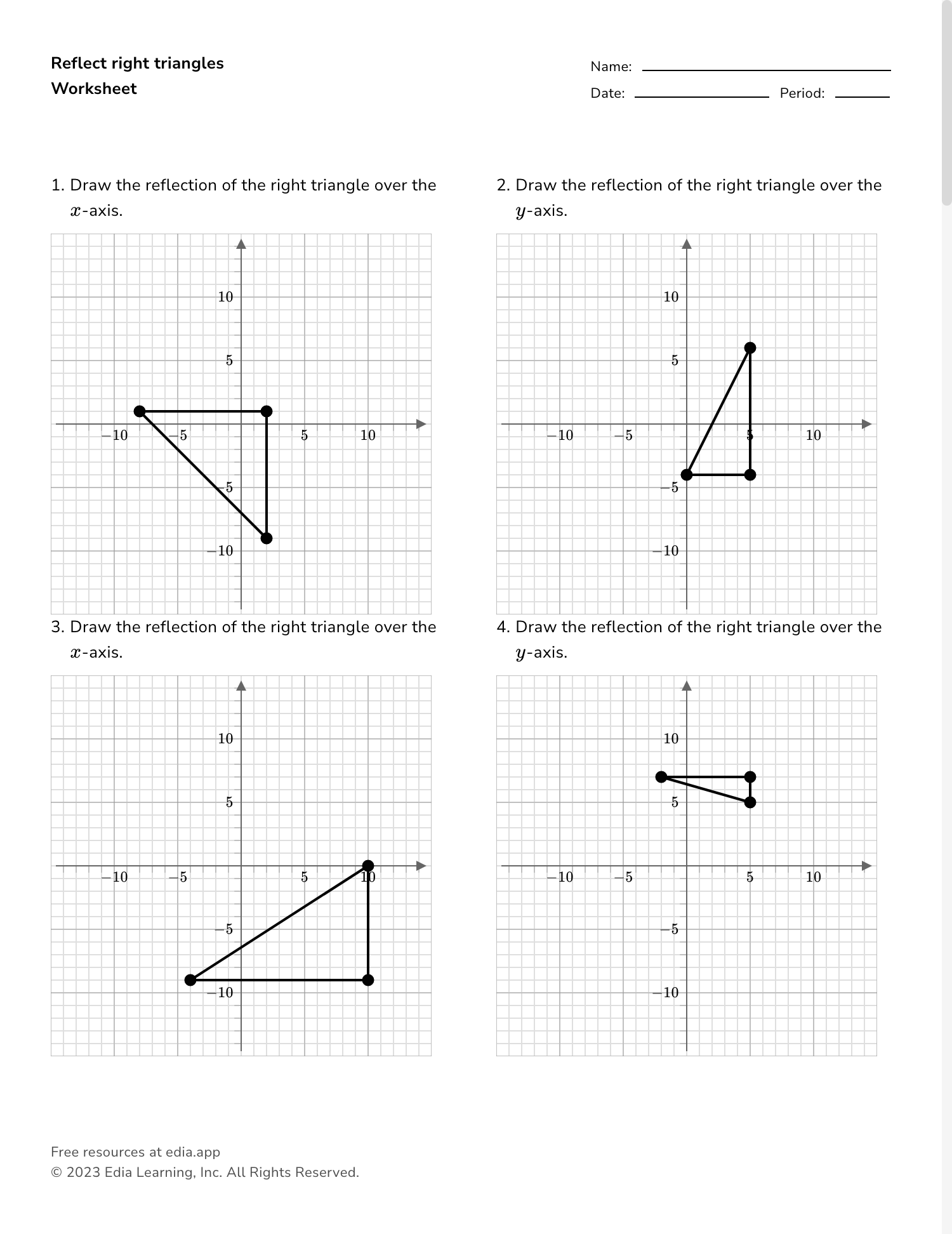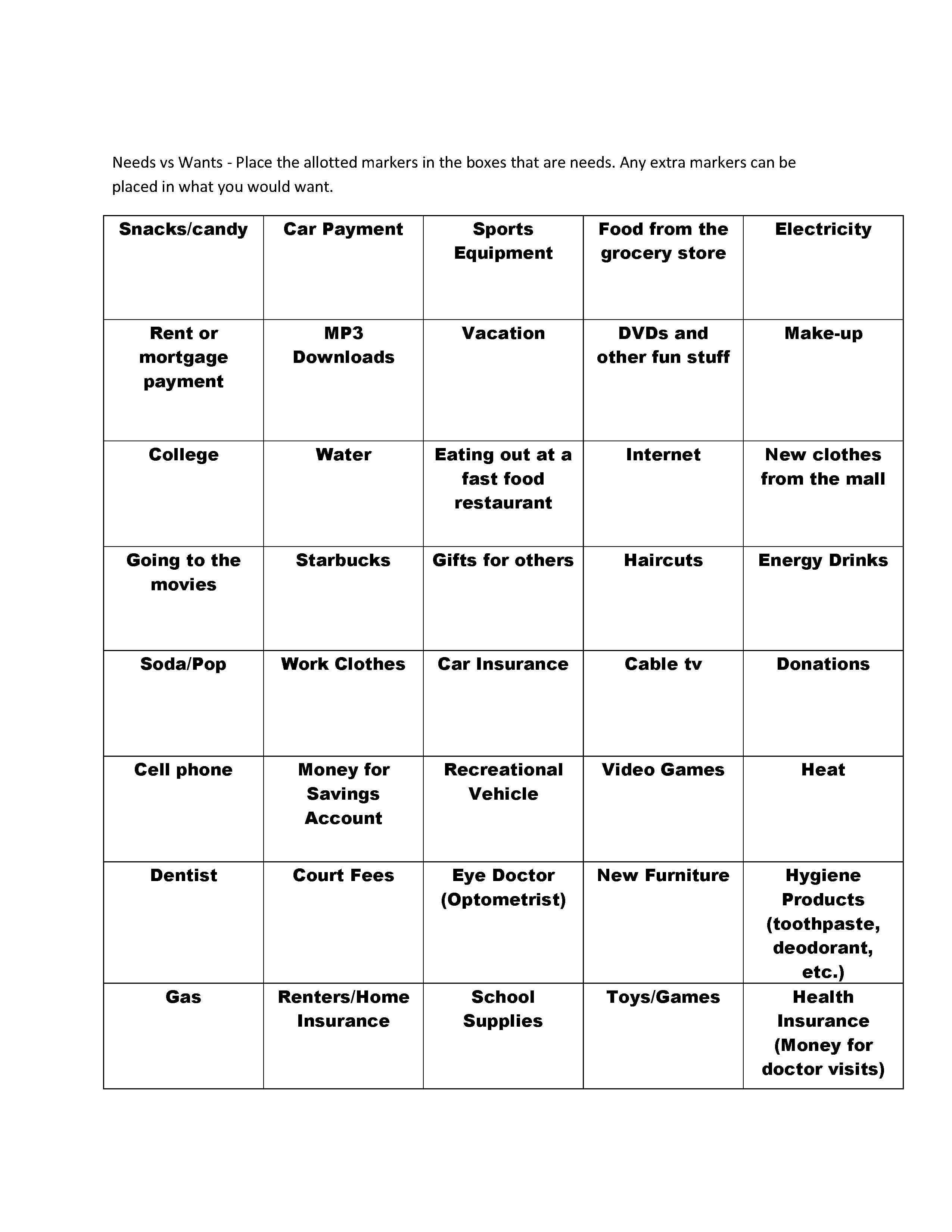Science Variables Worksheet With Answers Key for Students
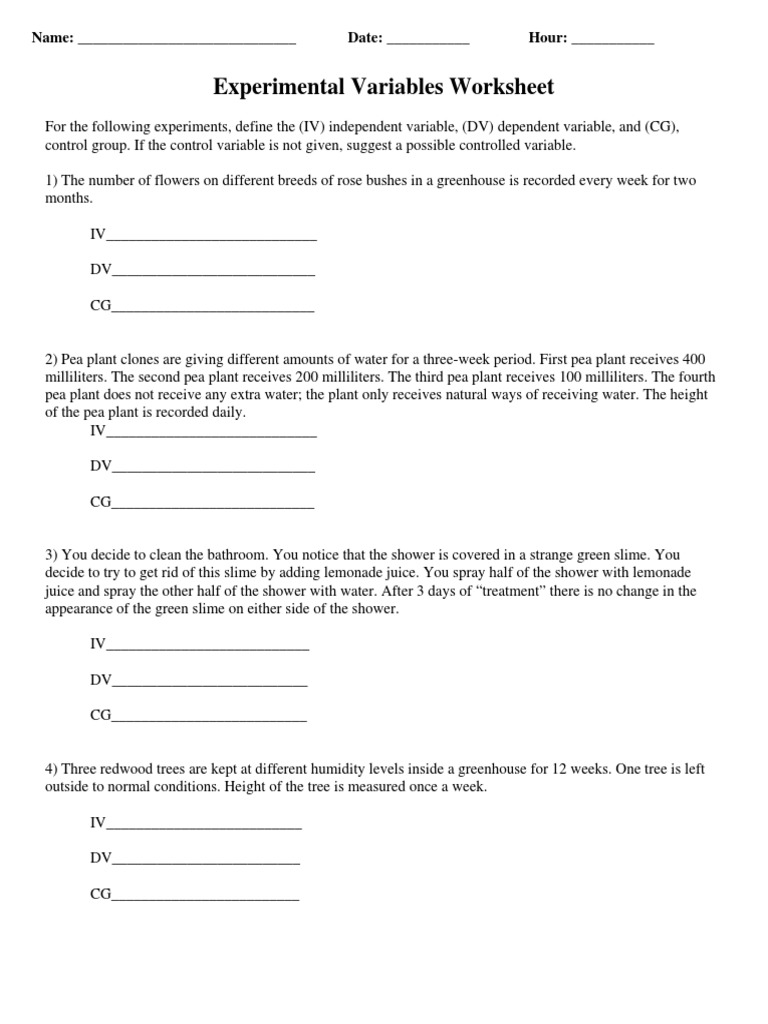
Understanding Science Variables: A Comprehensive Guide for Students
As a student of science, it’s essential to understand the concept of variables and how they impact the outcome of experiments. In this article, we’ll delve into the world of science variables, exploring their types, importance, and how to identify and control them.
What are Science Variables?
In scientific research, a variable is a factor that can be changed, measured, or controlled. Variables are crucial in experiments as they help scientists understand the relationship between different factors and the outcome of the experiment. There are three main types of variables:
- Independent Variable: This is the variable that is intentionally changed or manipulated by the researcher to observe its effect on the dependent variable.
- Dependent Variable: This is the variable that is being measured or observed in response to changes made to the independent variable.
- Controlled Variable: These are variables that could affect the outcome of the experiment but are kept constant to ensure the results are accurate and reliable.
Types of Science Variables
There are two primary types of variables in science:
- Quantitative Variables: These are variables that can be measured numerically, such as temperature, length, or mass.
- Qualitative Variables: These are variables that cannot be measured numerically, such as color, texture, or smell.
Importance of Science Variables
Understanding science variables is crucial in scientific research as it helps:
- Establish Cause-and-Effect Relationships: By manipulating the independent variable and measuring the dependent variable, scientists can establish cause-and-effect relationships between different factors.
- Improve Experimental Design: Identifying and controlling variables helps scientists design better experiments, reducing errors and increasing the accuracy of results.
- Enhance Data Analysis: By understanding the types of variables involved, scientists can choose the most suitable statistical methods to analyze their data.
Identifying and Controlling Variables
To ensure accurate and reliable results, it’s essential to identify and control variables in an experiment. Here are some tips:
- Identify the Independent and Dependent Variables: Clearly define the variables you want to manipulate and measure.
- List the Controlled Variables: Identify the variables that could affect the outcome of the experiment and keep them constant.
- Use a Control Group: Use a control group to compare the results of the experiment and ensure that any changes are due to the independent variable.
Common Science Variable Mistakes
When working with science variables, it’s easy to make mistakes. Here are some common errors to avoid:
- Confusing Independent and Dependent Variables: Make sure you clearly define which variable is being manipulated and which is being measured.
- Failing to Control Variables: Identify and control variables that could affect the outcome of the experiment.
- Not Using a Control Group: Use a control group to compare the results of the experiment and ensure that any changes are due to the independent variable.
Science Variables Worksheet
Complete the following worksheet to test your understanding of science variables:
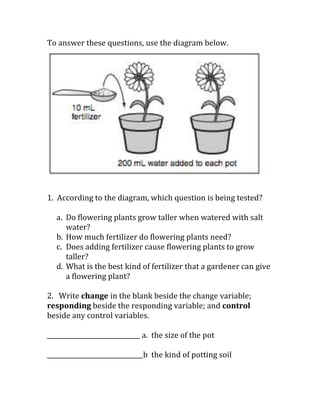
| Experiment | Independent Variable | Dependent Variable | Controlled Variables |
|---|---|---|---|
| 1. Plant Growth | Type of Fertilizer | Plant Height | Soil Type, Water Amount |
| 2. Chemical Reaction | Temperature | Reaction Rate | Concentration, Pressure |
| 3. Animal Behavior | Type of Food | Feeding Time | Environment, Noise Level |
Answers Key
| Experiment | Independent Variable | Dependent Variable | Controlled Variables |
|---|---|---|---|
| 1. Plant Growth | Type of Fertilizer | Plant Height | Soil Type, Water Amount |
| 2. Chemical Reaction | Temperature | Reaction Rate | Concentration, Pressure |
| 3. Animal Behavior | Type of Food | Feeding Time | Environment, Noise Level |
📝 Note: This worksheet is meant to be a starting point for understanding science variables. Be sure to review and practice identifying variables in different experiments to become more confident.
To recap, science variables are essential in scientific research as they help establish cause-and-effect relationships, improve experimental design, and enhance data analysis. By understanding the types of variables, identifying and controlling variables, and avoiding common mistakes, you’ll become more proficient in designing and conducting experiments.
What is the difference between an independent variable and a dependent variable?
+The independent variable is the variable that is intentionally changed or manipulated by the researcher, while the dependent variable is the variable that is being measured or observed in response to changes made to the independent variable.
Why is it important to control variables in an experiment?
+Controlling variables helps ensure that any changes in the dependent variable are due to the independent variable, reducing errors and increasing the accuracy of results.
What is the purpose of a control group in an experiment?
+A control group is used to compare the results of the experiment and ensure that any changes are due to the independent variable, rather than other factors.
